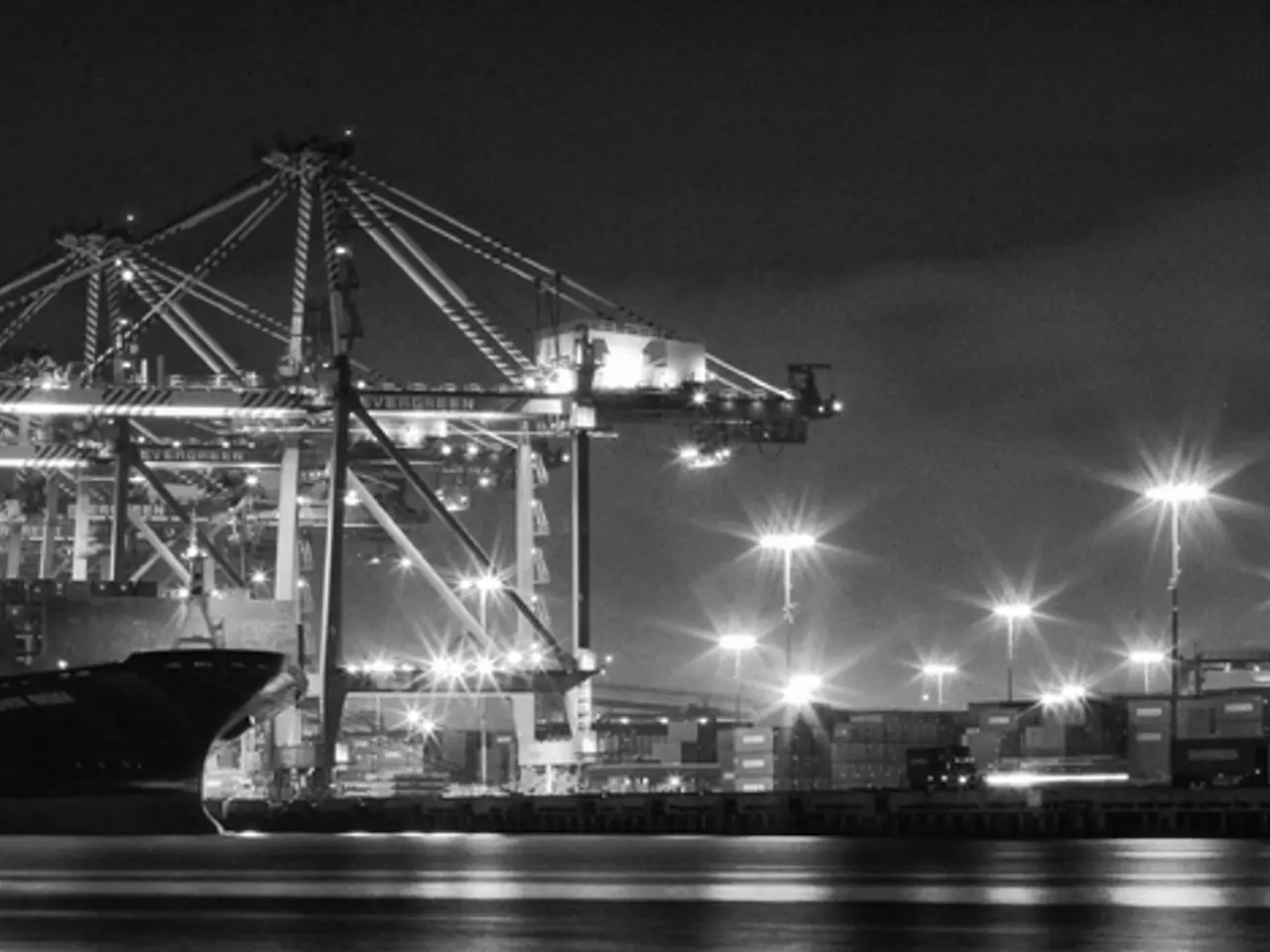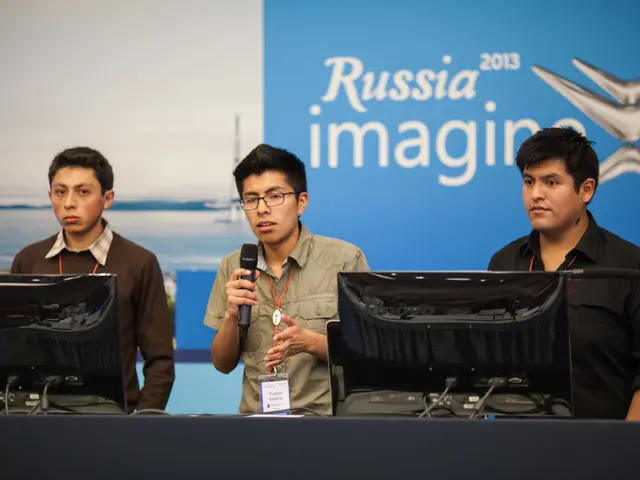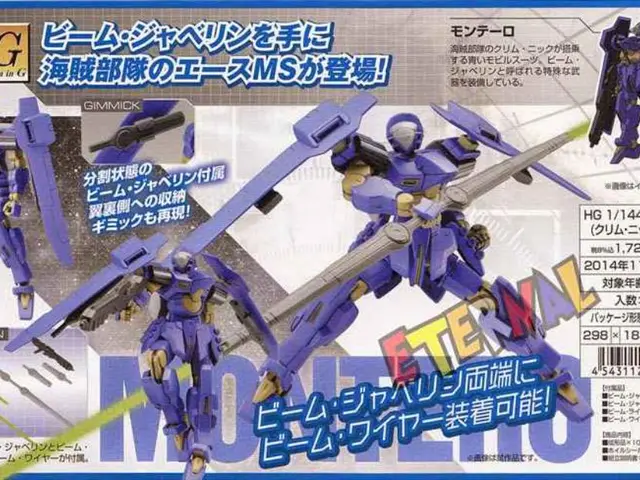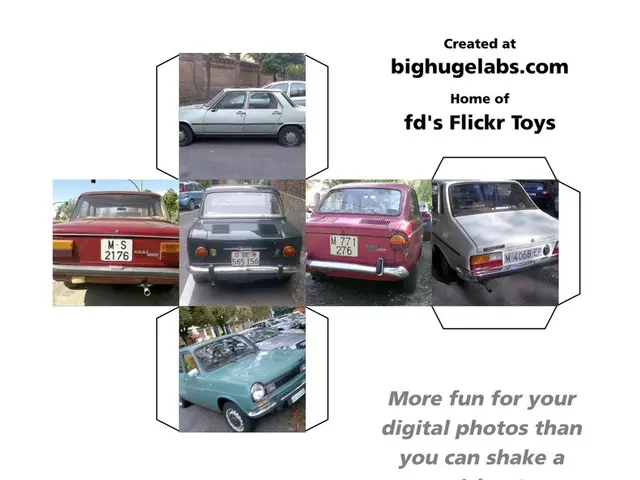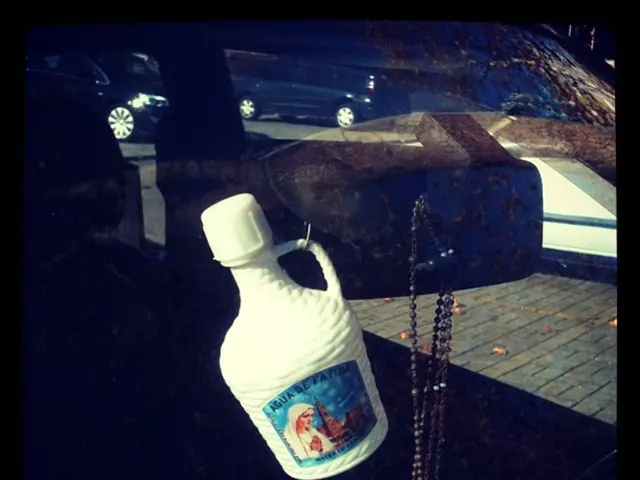Ford Europe Charters Vessels Amid Capacity Shortages; Hyundai, Wallenius Wilhelmsen Invest in Green Ocean Transport
Ford Europe has chartered its own vessels due to post-pandemic capacity shortages. Meanwhile, the automotive industry is investing in greener ocean transport, with Hyundai Glovis and Wallenius Wilhelmsen leading the way.
Ford's decision comes as a response to the vessel capacity crunch since the Covid pandemic. Elsewhere, Hyundai Glovis has invested $1.89 billion in 12 dual-fuel car carrier vessels that can run on LNG. In another development, the EU's Horizon research fund has granted €9m to the Orcelle sail-propelled car carrier project, involving Wallenius Wilhelmsen and other partners.
Volkswagen Group has already been chartering LNG-powered vessels for cross-Atlantic deliveries. The industry's focus is on rebuilding capacity while reducing emissions. Wallenius Wilhelmsen's executive vice-president and chief operating officer, Xavier Leroi, has stated that new vessels are crucial for their net zero emissions goal by 2027. The company's 9,300 CEU methanol dual-fuel vessels can run on alternative fuels and will be ammonia-ready. Last year, the Torrens PCTC, a Wallenius Wilhelmsen vessel, was the first to bunker B30 HSFO-Biofuel in Korea.
Ford's vessel chartering addresses immediate needs, while Hyundai Glovis and Wallenius Wilhelmsen's investments in greener vessels signal a shift towards sustainable ocean transport in the automotive industry.
Read also:
- MRI Scans in Epilepsy Diagnosis: Function and Revealed Findings
- Hematology specialist and anemia treatment: The role of a hematologist in managing anemia conditions
- BYD Speeds Up European EV Expansion, Plans Local Production Within Three Years
- Ford presents novel electric vehicle foundation and manufacturing methodology
